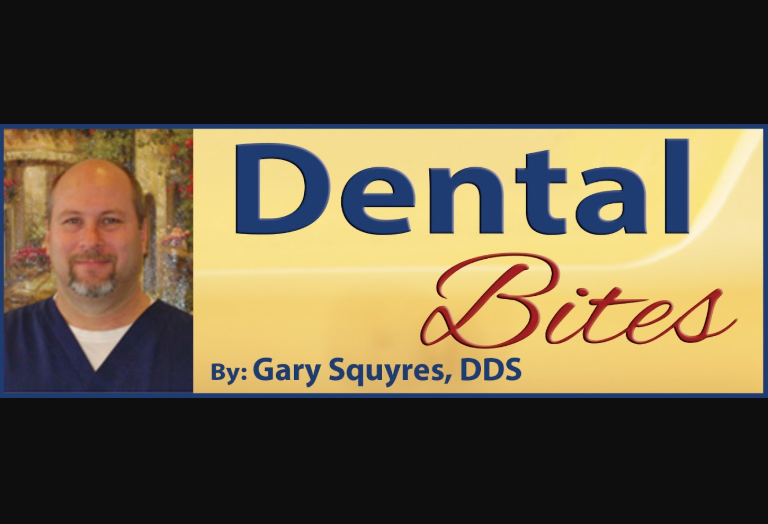With Coronavirus being at the forefront of our thoughts and actions these days most people have become aware of all the measures that the CDC (Center for Disease Control) are recommending to be taken by individuals when in public. These actions, and many more, are routine hygiene safety practices at your local dental office. You have probably noticed on previous trips to the dental office all the plastic placed on chairs, light handles, trays, etc. What you don’t see are the actions taken after you leave the office. There are guidelines called “universal precaution” that medical professionals follow for infection control in the office. In other words, universal precautions are the techniques that dentist use to reduce the risk of transmitting infectious diseases. OSHA first mandated the use of universal precautions as a form of infection control in the early 1990’s. Before universal precautions, a doctor wearing gloves and mask was a signal that their patient had something dangerous. Now these protective measures are just routine.
Yes, handwashing is one of those protective measures. Patients will see dentist wash their hands when they enter the room to see them. Some of the other protections are the gloves, mask and glasses that are to be worn while performing procedures on a patient. While these items are some of the more notable steps taken, there are many more that take place prior to a patient’s arrival and after they depart.
Some of the other items of note are the plastic sheets and bags placed around the room. These plastic sheets are called barriers. You will see barriers placed over the chair, overhead light, instrument tray and various other items. The purpose of barriers is to keep certain surfaces from becoming contaminated. In my practice we still treat those items as though they are contaminated and they will be cleaned.
Once the chair is vacated the entire room is wiped down with antimicrobial wipes cleaning counter tops, chairs, computer keyboard and mouse, overhead light, x-ray unit and instrument cart. Yes, not just the things that may have been touched but also surfaces that aerosols may have settled on. It should never be assumed that anything is clean; we always assume it is contaminated and clean it.
The items such as the drill, hand instruments, bite block, etc. are not just wiped down but are sterilized in an autoclave which uses superheated steam to kill bacteria, viruses and spores. The hand instruments are cleaned and placed in packages prior to being placed in the autoclave. Each package has a “marker” on them that will indicate that the autoclave reached its proper temperature to kill all the microbes.
Another step taken at most dental offices to help keep you safe is that municipal water from the building’s water source is not used to operate our instruments. Any water that is used to operate an instrument is from a separate reservoir that is filled with distilled water throughout the day. This keeps you from being exposed to microfilm and microorganisms that develop in water pipes of a building.
Remember, the above mentioned is just some of the task performed and by no means a comprehensive list. Most dentist try their very best to keep their patients, employees and themselves safe by following the mandated OSHA and CDC guidelines. If you are nervous or unsure about the cleanliness of anything, don’t hesitate to ask your dentist. You deserve a clean office and sterile instruments.















